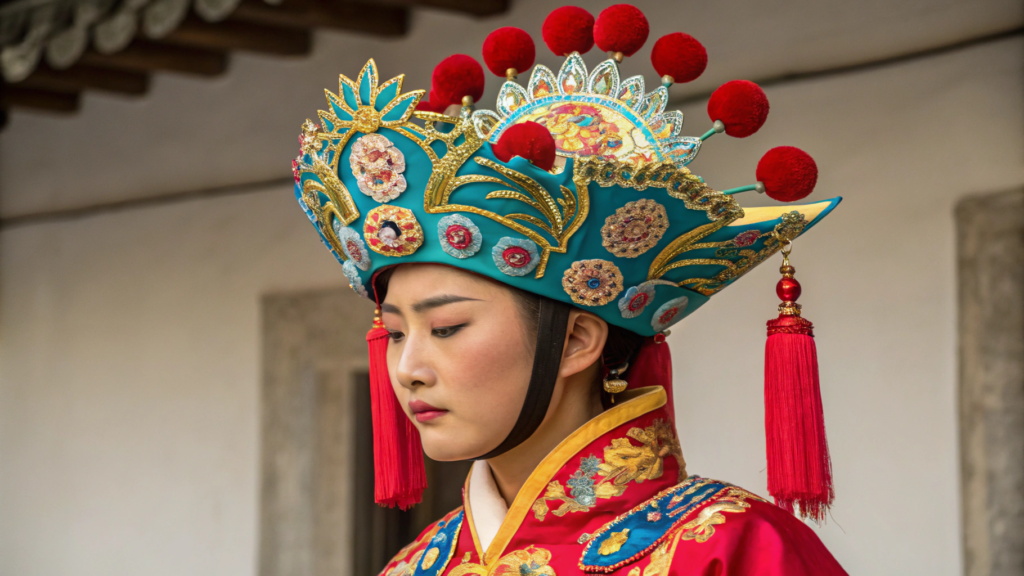
In Chinese culture and online life, the word xuebaotou has gained popularity as a way to describe someone who works very hard in school and always ranks at the top.
The word combines “xue” (study), “bao” (treasure or precious), and “tou” (head or top), so it roughly means “top student” or “study treasure head.” Many people discuss xuebaotou in the context https://slategrey-porcupine-192408.hostingersite.com/how-liquor-liability-insurance-protects-your-assets/ of education, social media, and even branding. Some praise the strong dedication of xuebaotou students, while others warn about stress and neglecting creativity.
In this article, we’ll explore what xuebaotou means, why it matters in China today, how it affects students, and what both positives and challenges it brings—all in simple words.
What Does Xuebaotou Mean?
Xuebaotou is a slang term from Chinese combining:
- Xue (学) = study or learn
- Bao (宝) = treasure, precious
- Tou (头) = head, leader, top
Together, it loosely means “top student” or someone who treasures learning and studies intensively.
Origins of the Term
Though not ancient, “xuebaotou” emerged in modern China—especially online among students and parents. It reflects cultural ideas around studying hard to succeed. Social media, chat groups, and educational forums helped spread the term, making it part of everyday school conversation.
How Xuebaotou Shows Up in Daily Life?
- A student who hits the books late into the night.
- Someone who always scores top marks in tests and exams.
- Peers and teachers might refer to such a student as a “xuebaotou” in admiration or jokingly.
- On social media, students may tag themselves as xuebaotou to celebrate progress.
- It may also appear in memes or school culture around academic pressure.
Why It Has Gained Popularity?
- Cultural Value: In China, academic achievement is highly valued.
- Online Sharing: Students and parents share stories and tips using the term.
- Peering Comparison: In competitive school settings, being a xuebaotou is both a badge and a burden.
- Inspirational or Warning: Some celebrate it, others caution against burnout.
Positive Aspects of Being a Xuebaotou
- Shows strong discipline and study dedication.
- Helps students achieve academic success, enter top schools, and access opportunities.
- Can inspire others in peer groups to work harder.
Challenges and Pressure
- Can cause stress, burnout, or anxiety.
- May lead students to skip hobbies or social life for grades.
- Creates competition that may affect mental health.
- Focus solely on test scores might limit creativity and balanced development.
Balancing Xuebaotou Attitude and Well‑being
- Set study schedules with breaks and social time.
- Encourage creative outlets like writing, art, or music.
- Promote emotional check‑ins: talk to friends, family, or counselors.
- Focus on long-term learning, not just exam results.
- Foster a supportive environment where mistakes are okay.
Xuebaotou in Branding & Language
Coined words like xuebaotou are popular in China for:
- Education platforms, naming apps or study tools.
- Students use it to build identity online.
- In memes or fun branding, it’s catchy and memorable.
Global Similar Terms
- In English: “A-student,” “number one,” “top scholar.”
- In Korean: “jangban” (top of the class)
- Similar ideas exist in many cultures valuing strong academic performance.
Cultural Impact of Xuebaotou
- Peer motivation—some students feel spurred on by xuebaotou peers.
- Media portrayal—documentaries and blogs explore academic life in China.
- Policy awareness—it shows government and schools the need for student care.
- Global fascination—an insight into pressure for excellence in one of the world’s largest educational systems.
Final Thoughts
“Xuebaotou” is more than a funny slang word—it reflects goals, effort, and the complexity of study culture. For students, it can be a source of pride or a warning sign. Parents, teachers, and peers can help students https://en.wikipedia.org/wiki/Student benefit from the xuebaotou mindset while avoiding burnout. It’s a reminder to value learning, yes—but also to live a balanced life.
FAQs
1. What exactly does xuebaotou mean?
It literally blends “study–treasure–head” to mean someone who treasures learning and is top in academic settings.
2. Is xuebaotou a good thing?
It depends—while it shows dedication and success, it can also lead to stress or imbalance if taken too far.
3. Where did the word come from?
It emerged from modern Chinese online culture, in chatrooms and youth slang, not from ancient texts.
4. Is it only for students?
Mostly, yes. It’s used to describe academic performance, but it can loosely be used for other high achievers too.
5. Can anyone be a xuebaotou?
Sure—anyone who studies hard and leads in learning can earn the name, regardless of background.
6. How do parents use the word?
They may use it jokingly or encouragingly to praise children’s academic efforts.
7. Are there negative associations?
Yes—around issues like pressure, health risks, and loss of personal balance.
8. How can students avoid burnout while aiming to be xuebaotou?
By including breaks, hobbies, social support, and maintaining mental health.
9. Is xuebaotou used in branding?
Yes—edtech and study apps sometimes use it to appeal to ambitious learners and parents.
10. Does the concept exist in other countries?
Yes, many cultures have similar terms—for example, “bookworm,” “grind,” or “kepalbuku.”
Conclusion
Xuebaotou represents a strong culture of learning and excellence in Chinese schools, celebrating students who study hard and achieve top marks.
It highlights discipline and dedication—and also warns of pressure, imbalance, and possible stress. As the term grows in social media and educational discussions, it prompts reflection on what truly matters: success—and well-being. Students and families can strive to be xuebaotous https://slategrey-porcupine-192408.hostingersite.com/sungdayer/ without sacrificing creativity, relaxation, or friendship.
This term reminds us that learning can be joyful rather than just competitive. In the end, the best path is one of balance, curiosity, community, and mindful effort.






